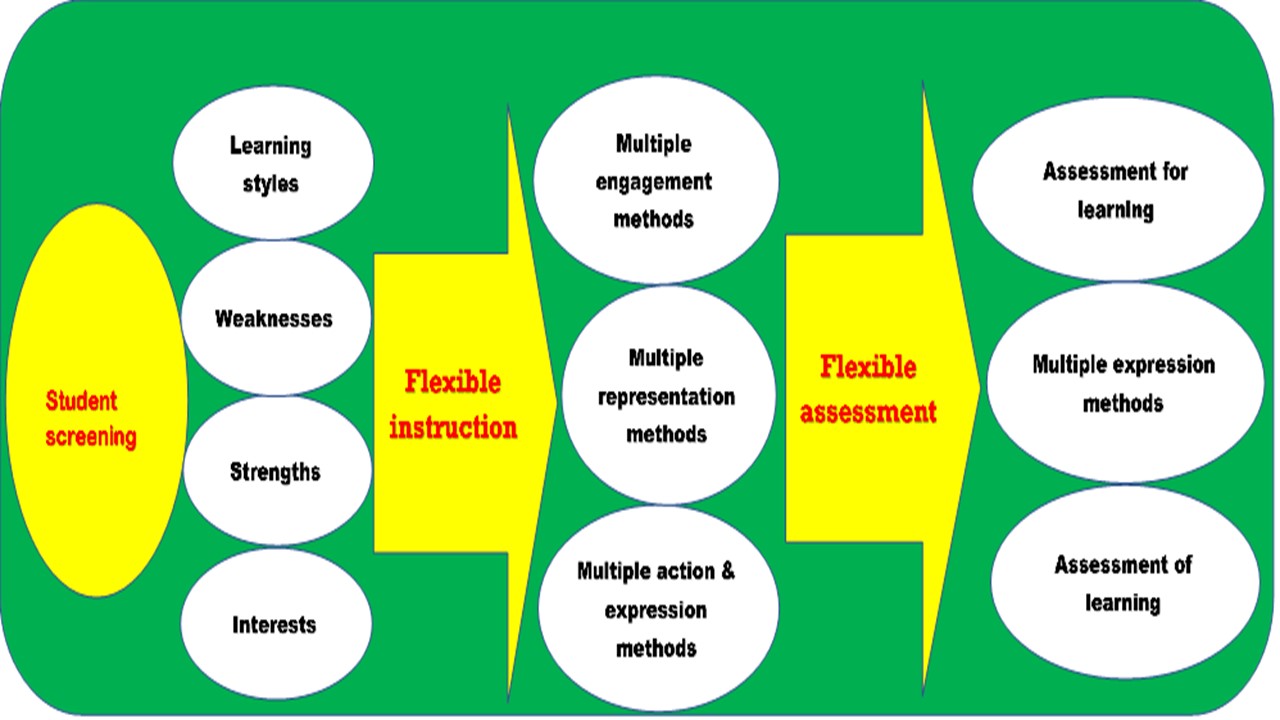The Impact of Personalized Learning on Student Performance
Introduction
Education has always been a cornerstone of human development, evolving over the centuries to integrate new methodologies and technologies. The emergence of Artificial Intelligence (AI) marks a significant transformation in how learning is delivered, personalized, and optimized. This article explores how AI is reshaping education, its benefits, challenges, and future potential.
The Role of AI in Education
Enhancing Personalized Learning
AI-driven educational platforms adapt to individual learning styles, allowing personalized instruction that improves retention and comprehension.
- Adaptive Learning Systems: AI tailors content based on student performance.
- Intelligent Tutoring Systems: Provides real-time feedback and guidance.
- Learning Analytics: Uses data to optimize teaching strategies.
Automating Administrative Tasks
AI reduces the burden on educators by handling routine administrative duties.
- Automated Grading: AI-powered tools grade assignments and tests.
- Smart Scheduling: AI optimizes timetables for students and teachers.
- Chatbots for Student Support: Provides instant assistance to students and parents.
AI-Powered Learning Tools and Technologies
Virtual Classrooms and AI Tutors
- AI-driven Virtual Assistants: Tools like chatbots and AI tutors provide on-demand support.
- Virtual Reality (VR) and Augmented Reality (AR): Enhances experiential learning.
AI in Assessment and Evaluation
- AI-based Proctoring Systems: Ensures academic integrity in online exams.
- Skill Assessment Models: Evaluates soft skills using AI-driven analytics.
AI and Its Impact on Teachers and Students
Empowering Teachers
AI acts as a teaching assistant, allowing educators to focus more on mentoring and personalized interaction.
- Automated Lesson Planning: AI curates resources and suggests teaching materials.
- Teacher Training Programs: AI enhances professional development through simulation-based training.
Engaging Students
AI-powered gamification and interactive learning modules increase student engagement.
- Game-based Learning: Encourages interactive participation.
- AI-based Speech Recognition: Assists language learners and students with disabilities.
How Gamification is Revolutionizing Education
What is Gamification in Education?
Gamification involves applying game elements such as points, badges, leaderboards, and challenges to the learning process. It enhances motivation, engagement, and knowledge retention by making learning more interactive and fun.
Key Elements of Gamification
- Points and Rewards: Students earn points for completing tasks, encouraging active participation.
- Leaderboards: Ranking students fosters healthy competition.
- Badges and Achievements: Recognizing accomplishments boosts confidence and motivation.
- Storytelling and Challenges: Creating immersive learning experiences.
- Instant Feedback: Real-time responses help students track their progress and improve.
Benefits of Gamification in Education
- Increases Engagement: Encourages students to actively participate.
- Enhances Retention: Interactive learning improves memory and understanding.
- Develops Problem-Solving Skills: Challenges and scenarios push students to think critically.
- Encourages Collaboration: Multiplayer and group-based activities promote teamwork.
- Boosts Motivation: Rewards and achievements inspire students to perform better.
Gamification Tools and Platforms
- Kahoot!: A game-based learning platform with quizzes and challenges.
- Classcraft: Turns the classroom into an RPG-style game.
- Duolingo: Uses gamification to teach languages effectively.
- Quizizz: Interactive quizzes with leaderboards and rewards.
- Minecraft: Education Edition: Encourages creativity and problem-solving in an immersive world.
The Future of Gamification in Learning
- AI-Driven Gamification: Personalized game-based learning experiences.
- Augmented Reality (AR) and Virtual Reality (VR): Creating immersive educational environments.
- Blockchain for Gamified Credentials: Digital badges and certificates stored securely.
- Integration with AI Assistants: Smart tutors providing game-like challenges tailored to students’ progress.
The Impact of Personalized Learning on Student Performance
What is Personalized Learning?
Personalized learning tailors education to the needs, interests, and abilities of individual students. AI plays a crucial role in this transformation by providing adaptive content and real-time feedback to optimize student learning paths.
Benefits of Personalized Learning
- Enhanced Student Engagement: Students are more engaged when lessons are customized to their interests and learning styles.
- Improved Academic Performance: Personalized learning boosts comprehension and knowledge retention.
- Flexible Pacing: Students can progress at their own speed, reducing stress and improving confidence.
- Better Learning Outcomes: AI-powered analytics help identify gaps and provide targeted interventions.
Challenges of Implementing Personalized Learning
- Technology Accessibility: Not all students have equal access to AI-driven educational tools.
- Teacher Training: Educators need training to effectively use AI-driven personalized learning systems.
- Data Privacy Concerns: Protecting student data is crucial to maintaining trust and security in AI-based platforms.
Future Trends in Personalized Learning
- AI-Enhanced Adaptive Learning: More sophisticated AI models will provide even more precise learning experiences.
- Integration with Virtual and Augmented Reality: Creating immersive, interactive, and highly personalized learning environments.
- Blockchain in Education: Securely storing personalized learning records for lifelong education.
Top 5 E-Learning Platforms for Students and Professionals
E-learning platforms have transformed the way individuals access knowledge, making learning more flexible and accessible. Here are five of the best e-learning platforms available for students and professionals:
1. Coursera
- Overview: Offers courses from top universities and organizations worldwide.
- Key Features:
- University-certified courses and degrees.
- Specializations in various fields.
- AI-powered personalized recommendations.
- Best For: Students, professionals, and lifelong learners.
2. Udemy
- Overview: Provides an extensive range of courses on various topics.
- Key Features:
- Affordable and diverse course selection.
- Self-paced learning with lifetime access.
- AI-driven course recommendations.
- Best For: Individuals seeking skill-based courses and career advancement.
3. edX
- Overview: Founded by Harvard and MIT, offering high-quality academic courses.
- Key Features:
- University-backed certifications.
- MicroMasters and professional certificates.
- AI-assisted adaptive learning features.
- Best For: Academic learners and career professionals.
4. LinkedIn Learning
- Overview: Focuses on professional development with courses in business, technology, and creative skills.
- Key Features:
- AI-powered learning paths.
- Integration with LinkedIn profiles for career growth.
- Industry-expert-led courses.
- Best For: Professionals looking to enhance career skills.
5. Khan Academy
- Overview: A nonprofit platform offering free, high-quality education.
- Key Features:
- AI-driven personalized learning paths.
- Comprehensive content for students of all ages.
- Interactive exercises and progress tracking.
- Best For: Students from elementary to high school and beyond.
Conclusion
AI is revolutionizing education, offering unprecedented opportunities for personalized learning, efficiency, and engagement. However, careful implementation and ethical considerations are necessary to maximize its benefits while preserving the essential human elements of teaching and learning.


